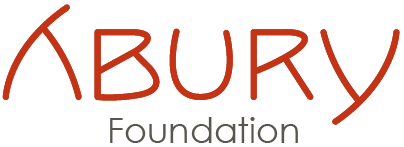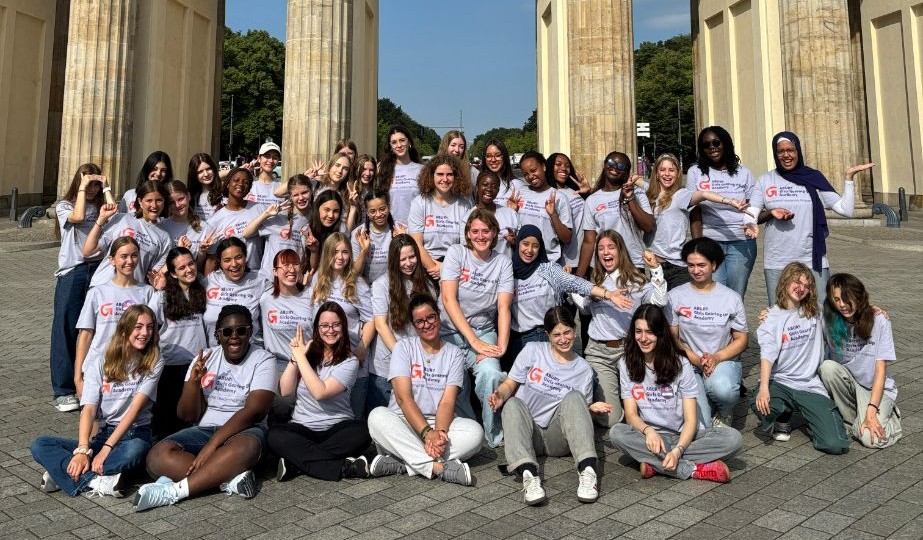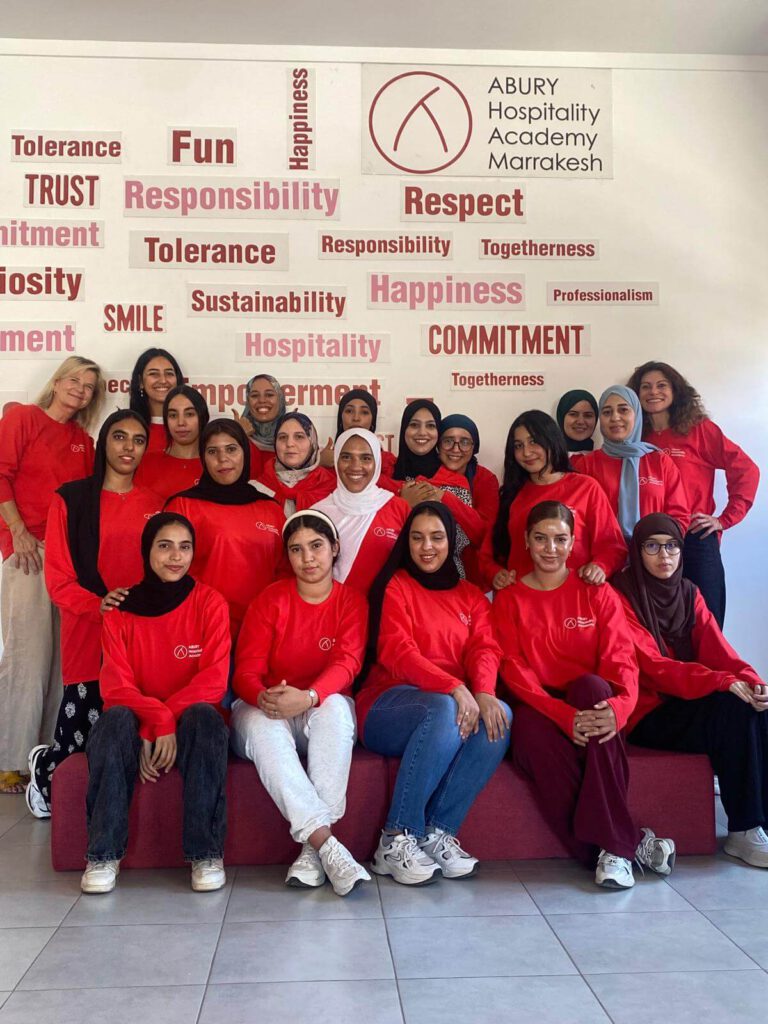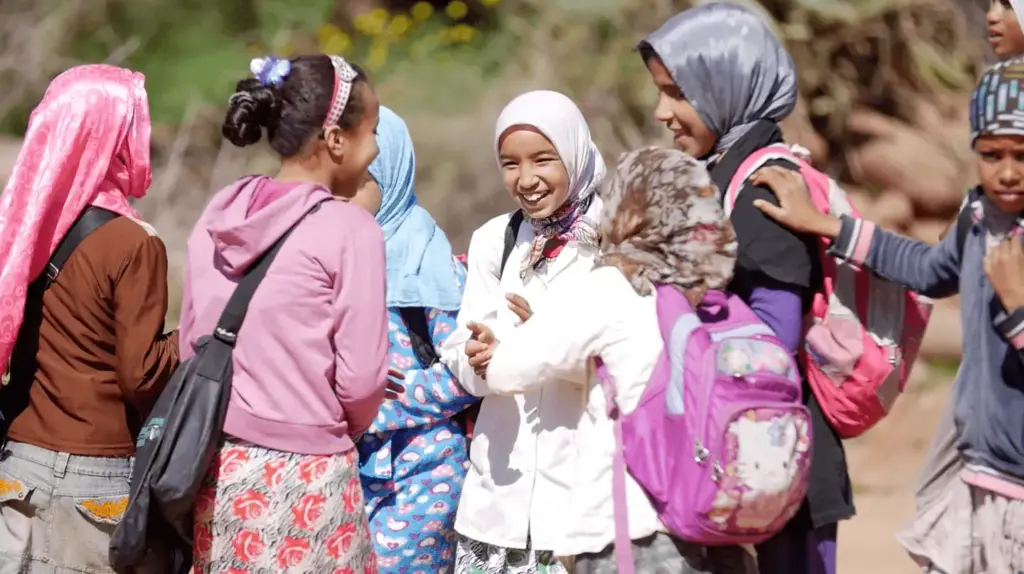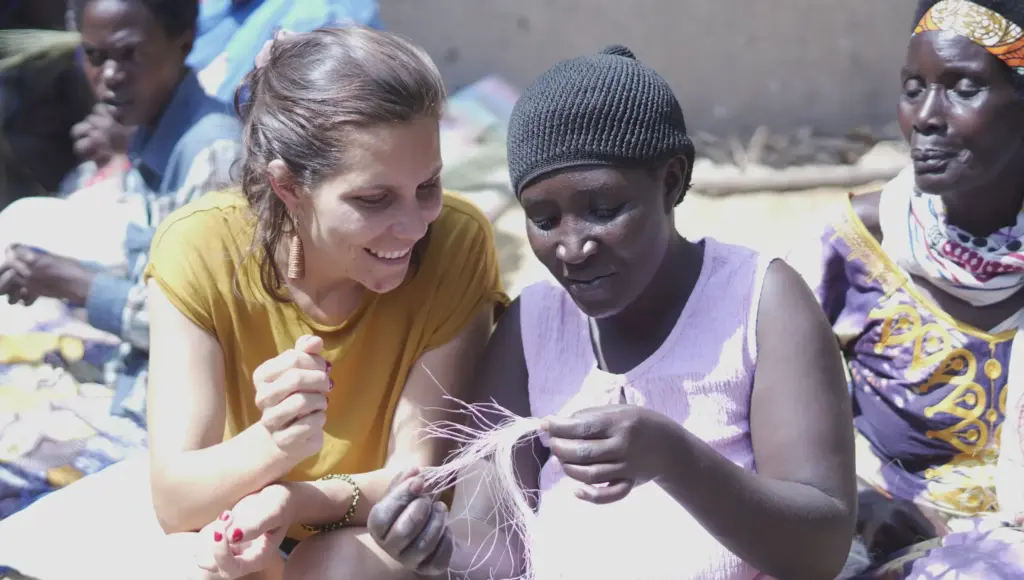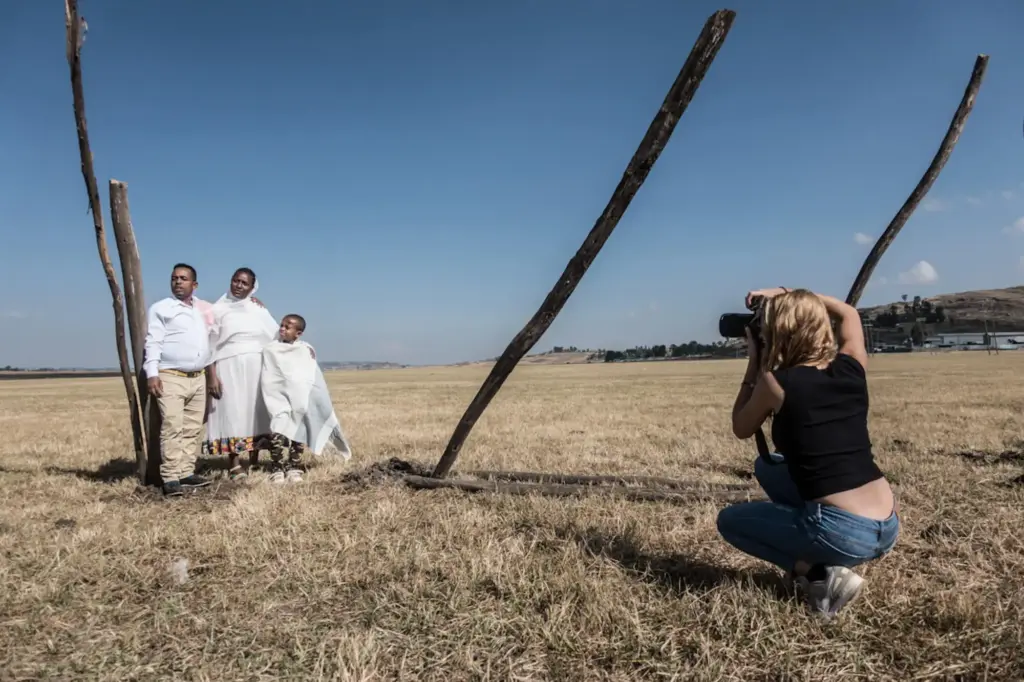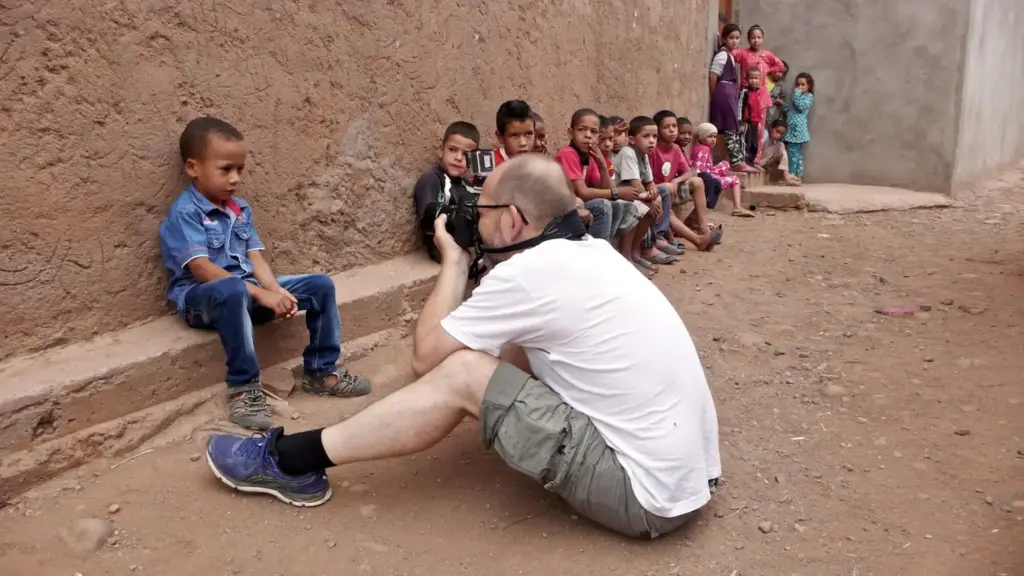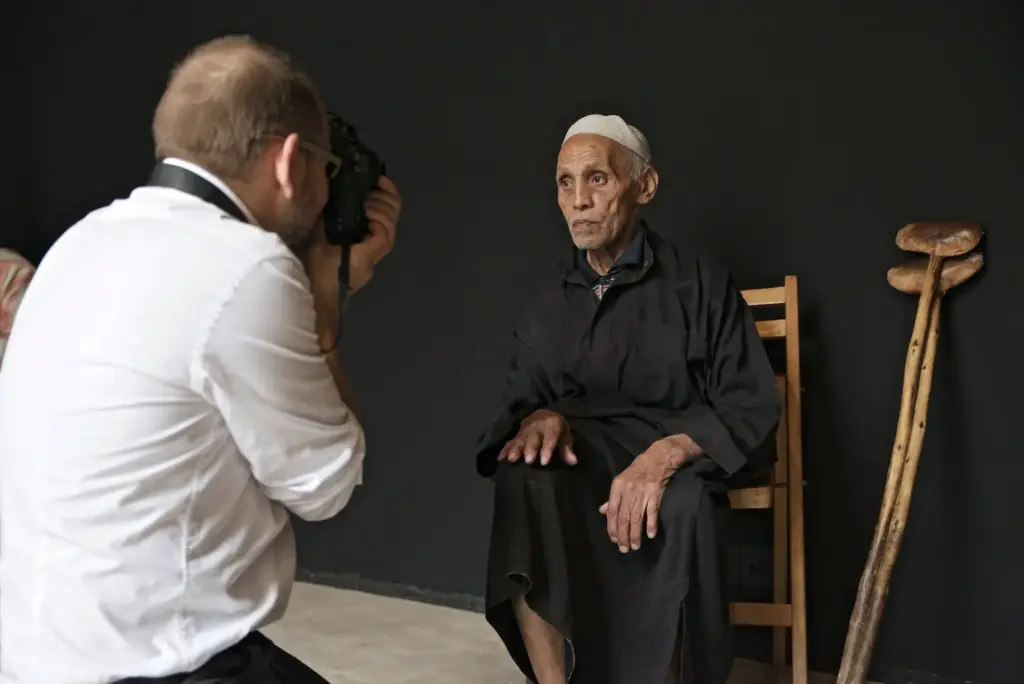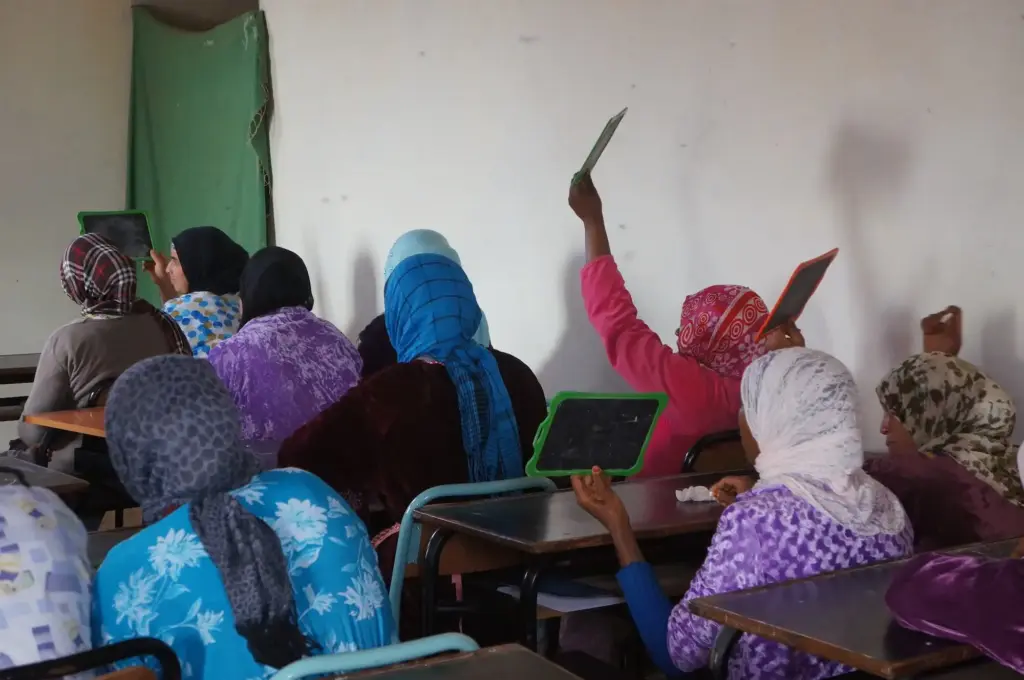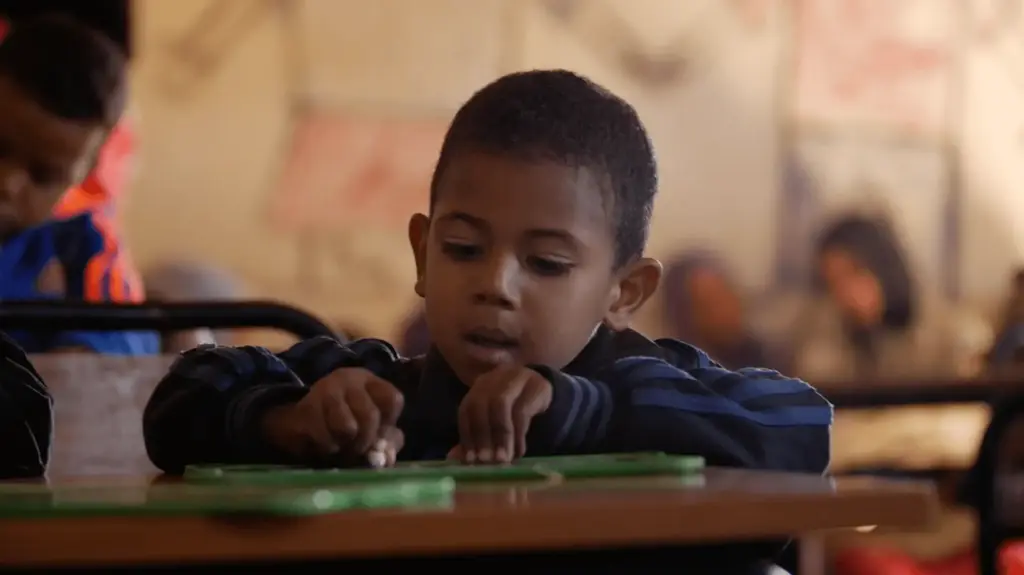Progress, Challenges and the Role of the ABURY Foundation
Human rights in Africa
Human rights are the foundation of a just and civilised society and guarantee fundamental rights and freedoms for everyone, regardless of origin, religion, gender or other personal characteristics.
However, conflicts, political instability and economic challenges in many African countries often put these fundamental rights to the test.
The extent to which human rights are violated in Africa varies from country to country, ranging from the suppression of freedom of expression to serious acts of violence against minorities.

The historical context of human rights in Africa
Colonialism and its impact on the human rights situation in Africa
The historical development of human rights in Africa has been deeply influenced by colonialism. Colonisation has been a period of destruction of traditional structures and the introduction of foreign forms of governance. The Berlin Convention of 1885, which officially aimed to protect African communities and abolish the slave trade, was often ignored in practice. Instead, indigenous peoples were systematically oppressed. Their basic rights, such as freedom of expression and access to education, were restricted, leading to passive resistance and later armed uprisings.
Pre-colonial influences on human rights in Africa
However, human rights in Africa have not only been shaped by colonisation. Pre-colonial kingdoms and states in Africa already had their own systems of social order and justice. The transatlantic slave trade and internal tribal conflicts, as well as global political dynamics, also had a profound impact on the human rights situation.
The creation of the Organisation of African Unity (OAU)
In the post-colonial era, the human rights landscape was marked by conflict and independence movements. National movements fought for self-determination and against the continuation of colonial mechanisms of oppression. These movements eventually led to the creation of the Organisation of African Unity (OAU) in 1963, the forerunner of today’s African Union (AU), which was established in 2002. In 1986, the AU adopted the African Charter on Human and Peoples’ Rights, which was ratified by all 54 African states.

Current challenges and problems in the field of human rights in Africa
Violations of human rights in Africa today are diverse and often deeply entrenched. They include political repression, corruption, lack of rule of law, discrimination against minorities and violations of press freedom. The situation of women’s rights in Africa is also precarious, and violence against women and children is widespread.
The causes of human rights violations in Africa are complex. One of the main problems is high unemployment, especially among young people, which severely limits economic prospects. In addition, political structures are often inadequate: social security systems that could support the population are largely absent, and widespread corruption exacerbates the problem.
Crises and armed conflict in Africa
This tense situation leads to crises in many African countries, ranging from civil wars and border conflicts to disputes with neighbouring countries. According to the Heidelberg Institute for International Conflict Research, sub-Saharan Africa is the region with the highest number of conflicts at the level of full-scale war. Armed conflicts create fertile ground for human rights violations, as countries in a state of emergency often provide lawless spaces in which human rights crimes are committed.

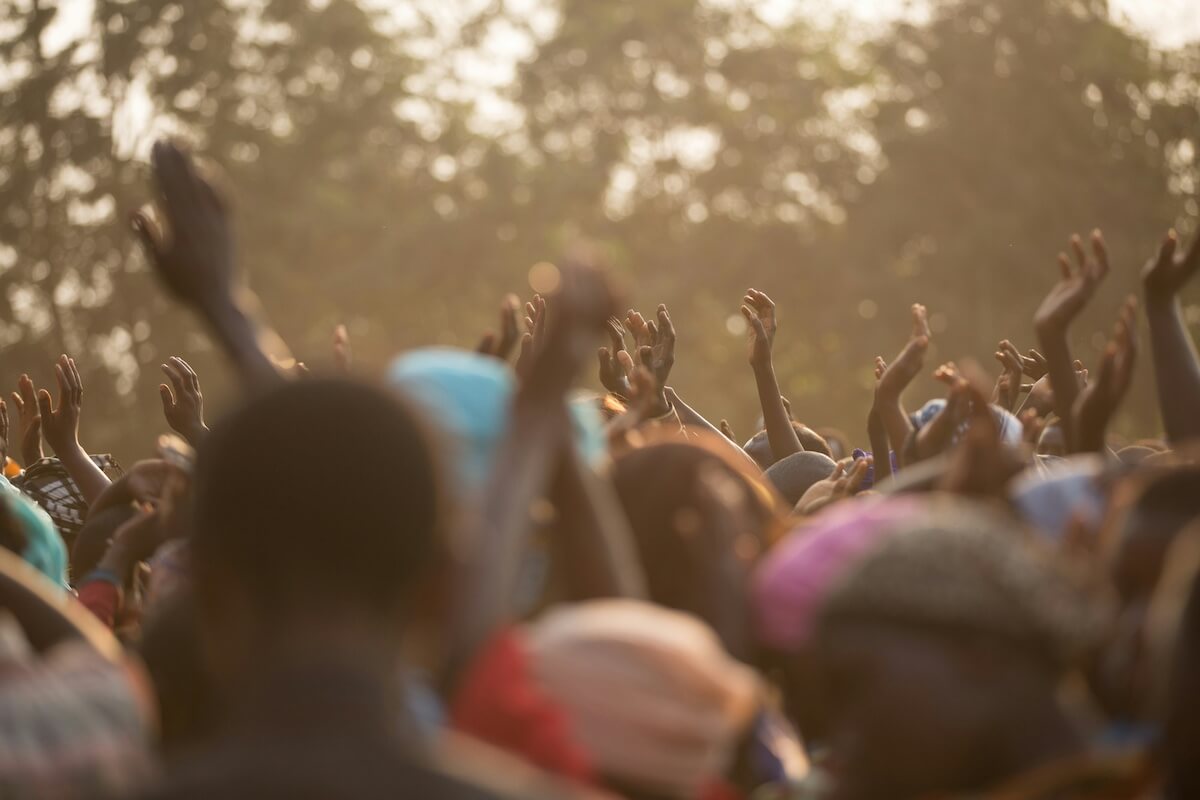
Political repression and the role of the state
However, it is not only armed conflicts that make it possible for human rights to be violated in African countries: studies by Amnesty International show that in many African countries it is still very dangerous to criticise one’s own government. The darkest moments in the African human rights movement last year were the murders of a Cameroonian and a Rwandan journalist and the assassination of human rights defender Thulani Maseko from Eswatini. State institutions, which are often weak, are not in a position to provide effective protection or to bring the perpetrators to justice.
Socio-economic inequalities and political conflicts of interest, in addition to historical legacies, are the main drivers of human rights abuses in Africa today. Amnesty’s concerns include restrictions on freedom of expression in Ethiopia, arbitrary detention and torture in Zimbabwe, forced evictions in Angola and state-sanctioned killings in Guinea.
Progress and positive developments on human rights in Africa
Implementation of international human rights conventions
Despite many challenges, there have been some positive developments. Many African countries have made progress in implementing international human rights agreements since the 1990s and are now actively working to improve human rights in Africa. This has encouraged the emergence of many civil society organisations. In Kenya, for example, there are now more than 2,000 NGOs active in areas such as politics, human rights, the environment and health. Strong trade unions have also developed in Burkina Faso and Zimbabwe.
The role of human rights defenders
Human rights activists also play an important role in Africa. Despite arbitrary arrests, persecution and public harassment, it is clear that the great courage and activism of human rights defenders is having an impact on Africa and that the struggles are not in vain. With the exception of Egypt, there is a downward trend in the use of the death penalty in African countries. Two more countries, Sierra Leone and the Central African Republic, abolished the death penalty in 2022.
Civil society stabilisation and engagement
In recent decades, some parts of Africa have made significant progress towards peace and stability. The civil wars in Côte d’Ivoire, Chad and Liberia have ended, and Rwanda’s post-genocide government has stabilised. In parallel with political stabilisation, civil society has developed dynamically in many parts of Africa, and human rights are once again coming to the fore in Africa. In countries such as Kenya, South Africa and Nigeria, there is a vibrant civil society, active not only in urban centres but also in rural areas. Public debates and campaigns are raising awareness of issues such as women’s rights in Africa, child labour and environmental protection.
The role of the ABURY Foundation for Human Rights in Africa today
The ABURY Foundation is committed to promoting human rights in Africa by initiating educational projects and raising awareness of human rights. Our initiatives and programmes aimed at the education and economic empowerment of young women are proving successful. Our work helps to raise awareness of human rights and to strengthen local communities.
As part of our charitable work, we have a number of women’s empowerment projects with a focus on educational programmes, female entrepreneurship and intercultural exchange:
Help us to improve the human rights situation in Africa!
Donate a regular amount and become part of our circle of friends.
Frequently asked questions
What are the most common human rights abuses in Africa?
The most common human rights abuses in Africa include political repression, corruption, discrimination against minorities, restrictions on press freedom, and violence against women and children. Repression of political opponents is also widespread in many countries.
What progress has been made on human rights in Africa?
Despite many challenges, there have been positive developments. Many African countries have made progress in implementing international human rights conventions, and many civil society organisations are active in promoting human rights. Countries such as Sierra Leone and the Central African Republic have recently abolished the death penalty.
What can be done to improve human rights in Africa?
International cooperation, strengthening the rule of law, political reform and education initiatives can improve the human rights situation.
What is the role of international organisations in promoting human rights in Africa?
International organisations play a crucial role in putting pressure on governments to respect human rights. They also directly support initiatives to promote and protect human rights.
